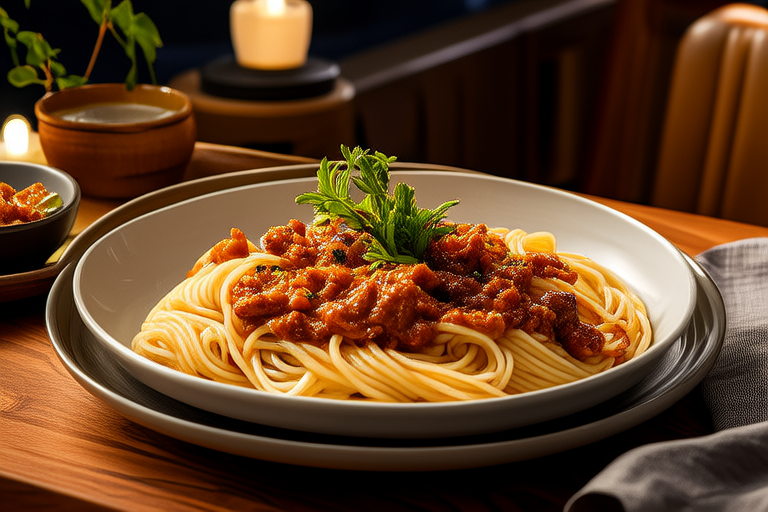Savoring the Flavors: How Travel Enriches Your Culinary Experience

Savoring the Flavors: How Travel Enriches Your Culinary Experience
Food is more than just sustenance; it is a gateway to understanding the soul of a culture. Every bite tells a story, every dish a chapter in the rich tapestry of human history. Travel provides a unique opportunity to experience these culinary traditions firsthand, allowing us to savor the flavors that define a place. From bustling local markets to hidden family-run restaurants, each destination offers a chance to immerse ourselves in the diverse gastronomic offerings that reflect the region’s history, climate, and social customs.
The Importance of Food in Cultural Identity
Cuisine is an essential component of cultural identity, reflecting the values, beliefs, and heritage of a community. In many places, food is not merely consumed for its nutritional value but is celebrated as an art form, a means of expression, and a symbol of unity. When we travel, we have the privilege of stepping into this vibrant world, where meals are shared not just among friends and family but with strangers who become companions through the shared experience of a meal.
Local markets are often the heart of a community, brimming with the colors, smells, and sounds that define a place. Here, you can find fresh produce, artisanal goods, and traditional delicacies that are rarely available outside their native soil. Street food vendors offer a taste of the everyday, serving up snacks and meals that reflect the local palate and lifestyle. Family-run restaurants, on the other hand, provide a glimpse into the domestic sphere, where recipes have been passed down through generations and perfected over time.
Exploring Diverse Flavors and Traditions
Every culture has its own unique approach to food, shaped by centuries of adaptation to local resources and influences from neighboring regions. In Japan, for example, the concept of ‘kaiseki’ dining reflects the philosophy of simplicity and seasonality, where each course is carefully crafted to highlight the natural flavors of the ingredients. In contrast, the Mediterranean diet emphasizes the use of olive oil, garlic, and herbs, creating dishes that are both hearty and refreshing.
In India, spices play a central role in cooking, with each region having its own signature blend. A visit to a spice market in Kerala, for instance, reveals a dazzling array of aromatic powders and seeds, each with its own medicinal properties and flavor profile. Meanwhile, in Mexico, food is often used as a vehicle for storytelling, with dishes like mole, which combines chocolate, chilies, and spices, telling the tale of the country’s complex history of colonization and cultural exchange.
Engaging Deeply with Local Cuisine
To truly understand a culture’s culinary traditions, it is necessary to go beyond passive consumption and actively participate in the process of creation. Cooking classes provide an excellent opportunity to learn about the techniques and ingredients that make a dish special. By rolling up our sleeves and working alongside local chefs, we gain insight into the nuances of flavor and texture that define regional cuisines.
Visiting farms and vineyards offers another level of engagement, allowing us to trace the journey of ingredients from the earth to the plate. Whether picking olives in Tuscany or harvesting rice in Thailand, these hands-on experiences deepen our appreciation for the labor and skill involved in producing the food we eat. Attending food festivals also provides a chance to sample a wide variety of dishes and meet the people behind them, fostering connections that extend beyond the table.
The Transformative Power of Culinary Exploration
Traveling for food is more than just satisfying physical hunger; it is a journey of self-discovery and connection. Each new taste and tradition we encounter broadens our worldview, challenging us to embrace unfamiliar flavors and expand our culinary horizons. As we share meals with locals, we forge bonds that transcend language and cultural barriers, creating lasting memories that enrich our lives.
In conclusion, the act of savoring the flavors of different cultures is not just a pleasurable pastime but a profound way to deepen our understanding of the world and ourselves. By embracing new tastes and traditions, we open ourselves to the possibility of transformation, both personally and globally. So, the next time you embark on a journey, remember that the best destinations are often found not in guidebooks but on plates, waiting to be discovered and savored.